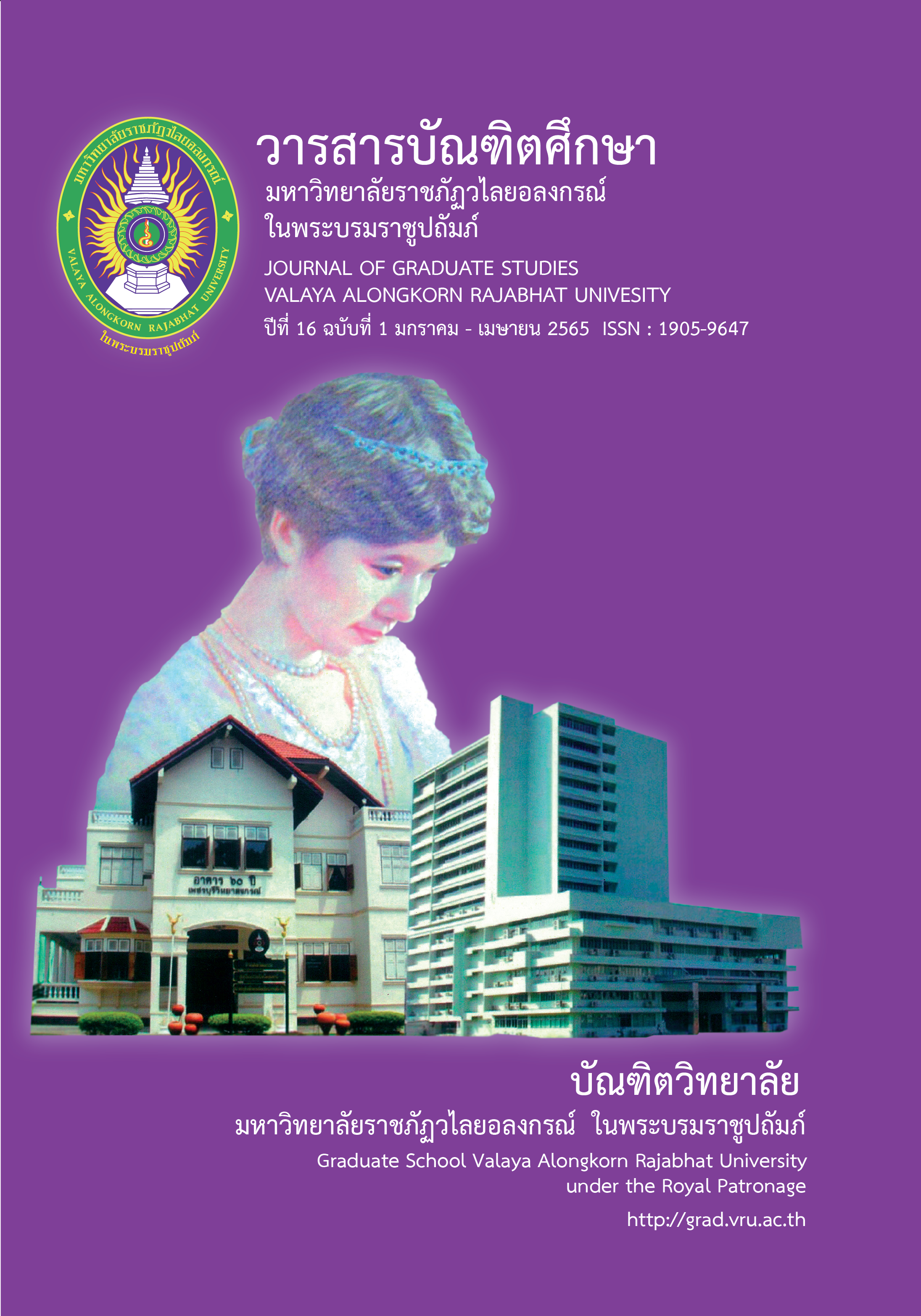ASSESSMENT ANALYSIS FOR FOSTERING AND DEVELOPING HOMESTAYS’ QUALITY BASED ON THAI HOMESTAY STANDARDS
Main Article Content
Abstract
This research aims to compile the issues of homestays where unqualified the Thai homestay standards and create the developing strategy and improving homestay quality in order to achieve the Thai homestay standards. This research is mixed method research by adopting the homestay assessment score (quantitative data) to rank the urgent issues together with the summary and recommendations from Homestay standard assessors: which consist of central and provincial assessors of year 2018. The qualitative analysis technique is typological analysis.
The results show that there are 13 homestays where does not achieve the Thai Homestay Standard Assessment in year 2018 with average of 2.49 out 5 and a weighted average of 49.76 out of 100. The weighted average determines the level of importance of Thai homestay standards, Department of Tourism, Ministry of Tourism and Sports. In addition, researchers gathered the recommendations for promoting and developing of unqualified homestays from Thai homestay standard assessors which were categorized into the fifth priorities: management of homestay administration, safety, advertising, tour program and natural resource and environment, respectively.
Article Details

This work is licensed under a Creative Commons Attribution-NonCommercial-NoDerivatives 4.0 International License.
บทความทุกเรื่องได้รับการตรวจความถูกต้องทางวิชาการโดยผู้ทรงคุณวุฒิ ทรรศนะและข้อคิดเห็นในบทความ Journal of Global of Perspectives in Humanities and Social Sciences (J-GPHSS) มิใช่เป็นทรรศนะและความคิดของผู้จัดทำจึงมิใช่ความรับผิดชอบของบัณฑิตวิทยาลัย มหาวิทยาลัยราชภัฏวไลยอลงกรณ์ ในพระบรมราชูปถัมภ์ กองบรรณาธิการไม่สงวนสิทธิ์การคัดลอก แต่ให้อ้างอิงแหล่งที่มา
References
Academic Service Center, Burapha University. (2018). Final Report of Assessment and Evaluation in Thailand Homestay Standard fiscal year 2018. Chonburi: Burapha University.
Ahmed, J. U. (2010). Documentary research method: new dimensions. Indus Journal of Management & Social Science, 4(1), 1-14.
Buaraphan, K. (2011). Qualitative research. (2nd Editions). Bangkok: Comma Design & Print.
Doktaisong, B. & Chankhexlar, P. (2016). kānkamnot nayōbāi thurakit hōmsatē khō̜ng Thai [Thai Home-Stay Business Policy Formulation]. Political Science Review, Kasertsart University, 3(1), 78-94.
Ismail, M., Aminuddin, M. & Mustafa, N. (2015). Community-based homestay service quality, visitor satisfaction, and behavioral intention. AMER International Conference on Quality of Life, Jakarta, Indonesia, 25-27 April 2015, 1-9.
Mamak, S. (2011). Business Administration Form for Creating Homestay Potential: Case Study: Baan A-Li Homestay, Samrongthap, Surin. TAT Review, 4, 22-27.
Ministry of Sport and Tourism. (2015). Thailand Homestay Standard. Bangkok: Chulalongkorn University.
Nguyen, T. V. & Vo, K. N. (2018). Designing a Homestay Tourism Model in Tien Giang Tourist Destinations. Data Science and Pattern Recognition Ubiquitous International, 2(1), 1-14.
Takarn, T., Chatrungrueng, B., Somhom, S. & Tantraporn, N. (2016). kānphatthanā bǣp pramœ̄n māttrathān hōmsatē Thai samrap kānphatthanā rabop kānhai kham nænam nai kān khao rap kān trūat pramœ̄n phư̄a haidai kān raprō̜ng māttrathān hōmsatē Thai [The development Thai Homestay Standard Evaluation Form for Developing a Guidance System for Auditing for Accreditation of Thai Homestay Program]. The 3rd National Conference at Kamphaeng Phet Rajabhat University, 127-140.
Taweephol, R. (2019). nǣothāng kānčhatkān ʻattalak hōmsatē Thai kō̜ranī sưksā čhangwat phet burī læ čhangwat pračhūap khīrī khan [Thai Homestay on Identity Management: A Case Study of Phetchaburi Province and Prachuapkhirikhan Province]. Research and Development Journal, Loei Rajabhat University. 14(48), 22-33.


